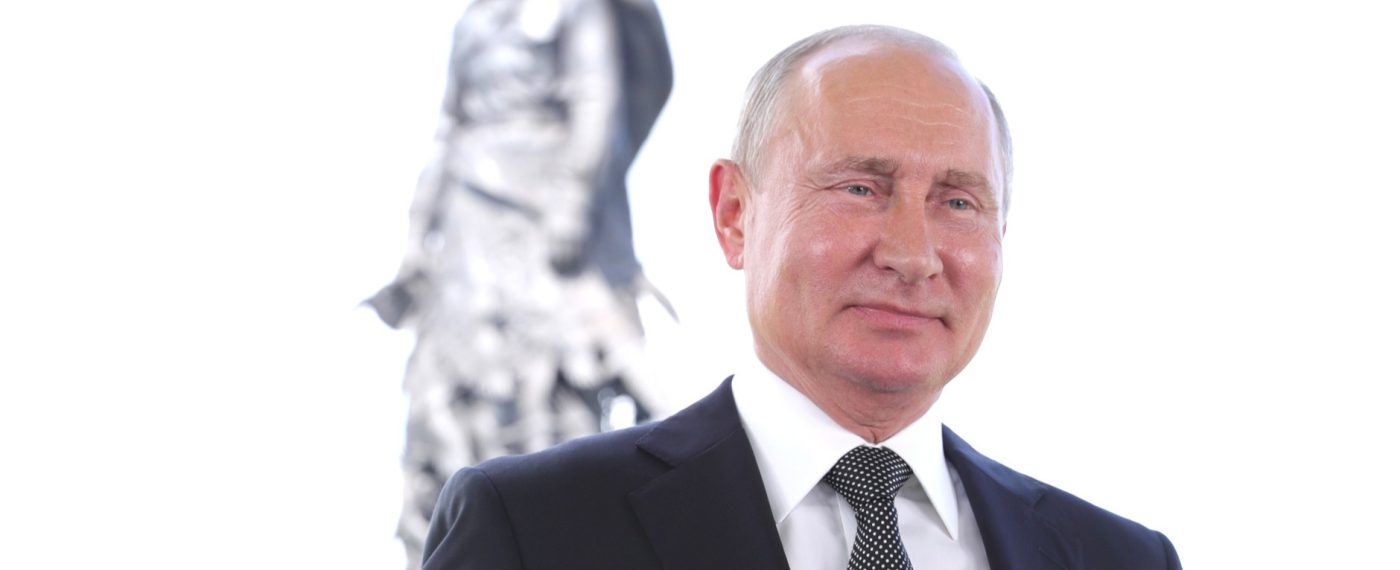The Power Vertical Podcast at CEPA
So the results are in and by one measure at least, Vladimir Putin’s plebiscite to change the Russian Constitution and effectively make himself president for life was a success.
Preliminary results show that 74 percent of Russians backed the changes. But that, after all, was expected. If there is one thing that Putin’s Kremlin knows how to do it is how to rig a vote.
The real measure of success in any Russian election is not the results — which few really trust — but how effective it was as a legitimization ritual.
How effectively did the Kremlin use dramaturgy and political theater to justify Putin’s right to rule? How successful was the regime in creating the illusion of legitimacy?
Because Russia doesn’t have elections — it periodically screens a movie about an election. And the movie needs to have a plot. And the plot has to be compelling.
Tune in to the Power Vertical Podcast as veteran Russian journalist, Kennan Institute Senior Fellow, and Meduza editor-at-large Maxim Trudolyubov joins Brian Whitmore and Maria Snegovaya to discuss Putin’s grand illusion.
Photo: “Appeal to the citizens of Russia” by the President of Russia under CC BY 4.0.
WP Post Author
Brian Whitmore is Director of the Russia Program at the Center for European Policy Analysis. Before joining CEPA he was Senior Russia Analyst at Radio Free Europe/Radio Liberty. He also worked as a foreign correspondent for The Boston Globe in Moscow and Prague; as a graduate instructor in the Department of Government and International Studies at the University of South Carolina; and as a visiting lecturer in the History Faculty at Mechnikov National University in Odessa, Ukraine and the International Relations Faculty at St. Petersburg State University.
July 2, 2020
The Power Vertical is a CEPA podcast covering the Kremlin for Kremlin watchers. All opinions are those of the guests and do not necessarily represent the position or views of the institutions they represent or the Center for European Policy Analysis.





